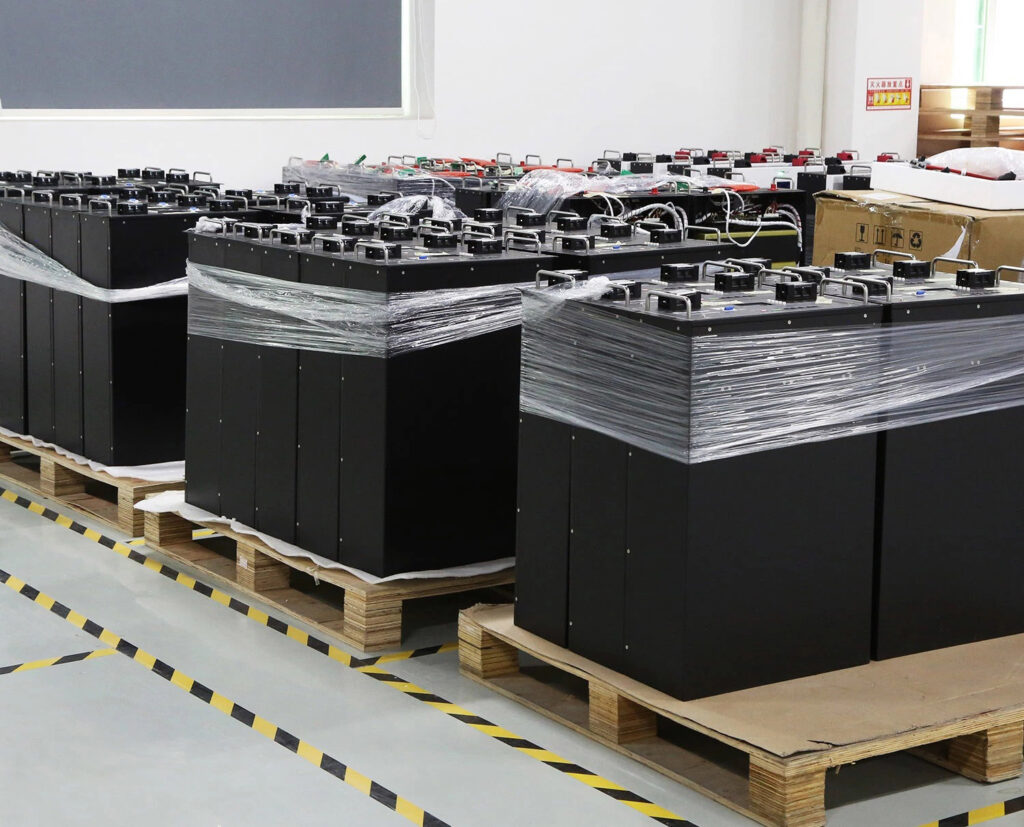When comparing lithium-ion batteries to OPzV (gel lead-acid) batteries, another critical factor is the maintenance requirements and environmental impact. Here’s why lithium-ion batteries are a better choice in these areas:
1. Low Maintenance
Lithium-ion batteries are virtually maintenance-free, requiring no regular checks or water refills, unlike OPzV batteries, which need periodic maintenance to ensure longevity and performance. OPzV batteries can be prone to issues such as acid stratification, which requires specific measures to prevent, adding to the overall operational effort.
2. Minimal Environmental Impact
Lithium-ion batteries are generally more environmentally friendly than OPzV batteries. Lead-acid batteries, including OPzV, contain harmful lead and sulfuric acid, which pose significant environmental and health risks if not properly disposed of or recycled. Although lithium-ion batteries do contain materials like cobalt and nickel, modern recycling technologies are improving, and they are considered to have a lower overall environmental footprint compared to lead-acid systems.
3. Safety Features
Lithium-ion batteries come equipped with advanced Battery Management Systems (BMS), which regulate and monitor their health, temperature, and voltage. This reduces the risk of overcharging, overheating, or thermal runaway. While OPzV batteries are relatively safe, they do not have the sophisticated safety features found in lithium-ion systems, making them more susceptible to failure in extreme conditions.
In summary, the lower maintenance requirements, reduced environmental risks, and enhanced safety features make lithium-ion batteries a superior option over OPzV batteries in modern energy storage systems.


